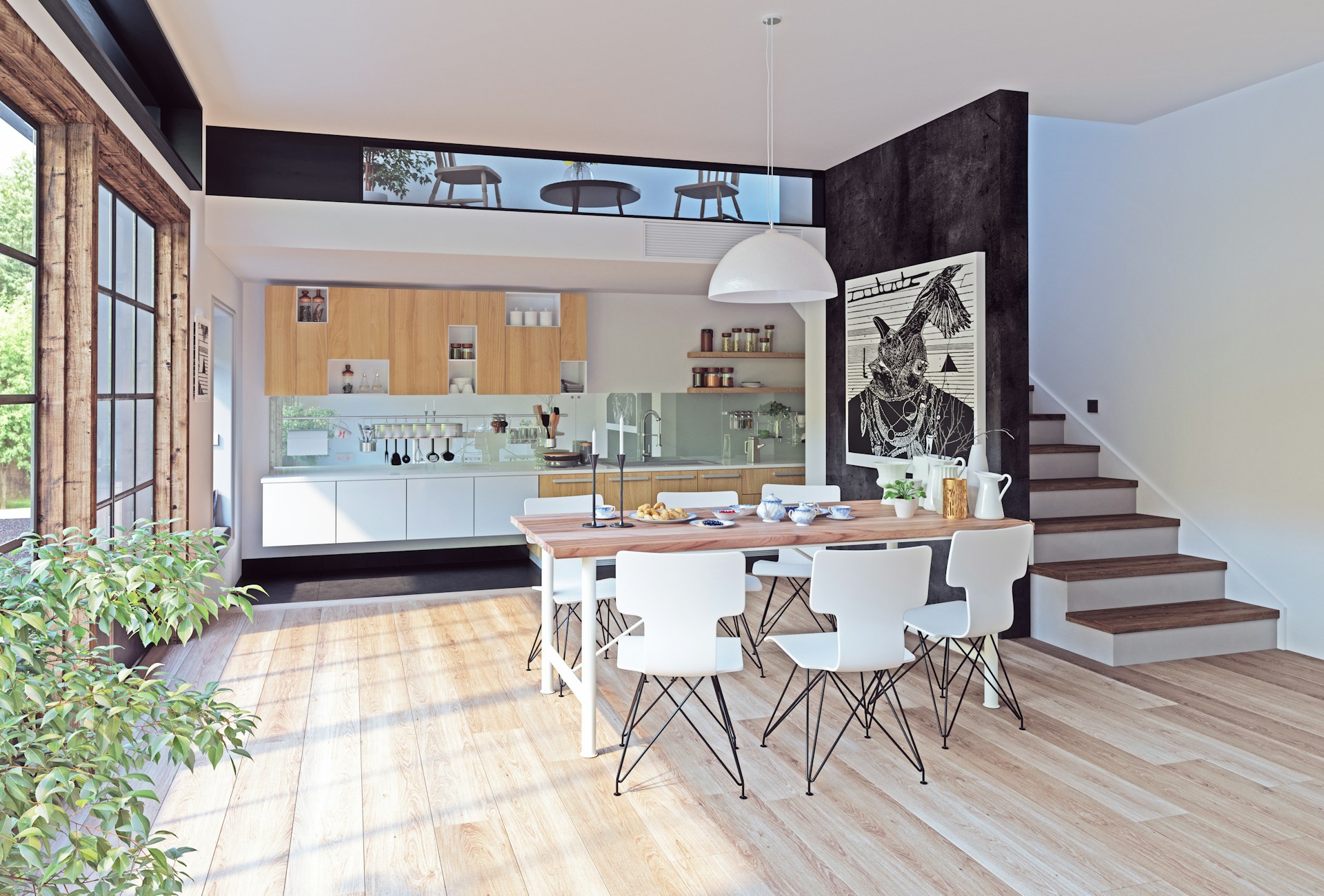Top 10 Energy-Saving Tips for Your Heating and Cooling Systems Revealed
Maintaining a comfortable home environment year-round can be challenging and costly, especially if your heating and cooling systems aren’t running efficiently. Luckily, there are numerous strategies you can employ to save energy and reduce expenses without sacrificing comfort. Here are the top 10 energy-saving tips for your heating and cooling systems:
Regular Maintenance
Regular maintenance is crucial for keeping your heating and cooling systems operating at peak efficiency. Schedule annual inspections and tune-ups to ensure all components are in good working order – for professional and reliable service, consider scheduling a heater service in Morley WA.
Install a Programmable Thermostat
A programmable thermostat allows you to set your heating and cooling systems to operate only when needed. By adjusting temperatures during times when you’re not home or when you’re sleeping, you can significantly reduce energy consumption.
Seal Ductwork
Leaky ductwork can cause your heating and cooling systems to work harder than necessary, leading to increased energy use and higher bills. Ensure that all ductwork is properly sealed to prevent air leaks and improve system efficiency.
Upgrade Insulation
Proper insulation in your walls, attic, and floors can help maintain consistent indoor temperatures. By preventing heat loss in the winter and keeping your home cool in the summer, you reduce the workload on your heating and cooling systems, resulting in energy savings.
Use Ceiling Fans
Ceiling fans can help circulate air throughout your home, making it feel cooler in the summer and warmer in the winter. By using ceiling fans in conjunction with your heating and cooling systems, you can set your thermostat a few degrees higher or lower and still maintain comfort.
Close Curtains and Blinds
During hot summer days, keep curtains and blinds closed to block out the sun’s heat. In the winter, open them during the day to let in natural warmth from the sun. This simple practice can help reduce the load on your heating and cooling systems.
Replace Air Filters Regularly
Dirty air filters can restrict airflow, making your heating and cooling systems work harder. Replace air filters every 1-3 months to maintain efficient operation and improve indoor air quality.
Install Energy-Efficient Windows
Energy-efficient windows can help reduce heat gain in the summer and heat loss in the winter. Look for windows with a low U-factor and low solar heat gain coefficient (SHGC) to maximise energy savings.
Seal Windows and Doors
Drafty windows and doors can lead to significant energy loss. Use weatherstripping and caulking to seal any gaps and prevent drafts, ensuring that your heating and cooling systems don’t have to compensate for lost air.
Consider a System Upgrade
If your heating and cooling systems are more than 10-15 years old, consider upgrading to more energy-efficient models – modern systems are designed to use less energy while providing superior comfort. When you’re ready to make the switch, make sure to have a professional handle the installation.
By implementing these energy-saving tips, you can keep your home comfortable year-round while significantly reducing your energy bills. Regular maintenance, proper insulation, and efficient system upgrades are key strategies to achieve optimal performance from your heating and cooling systems.

